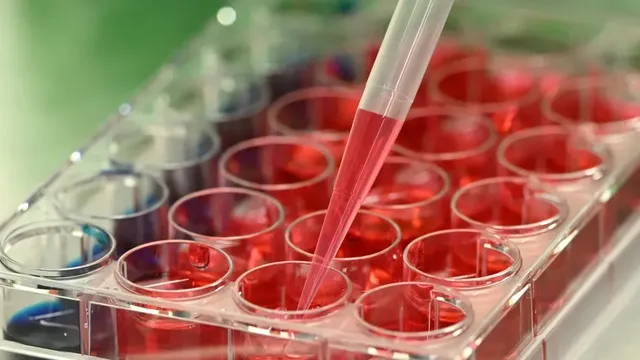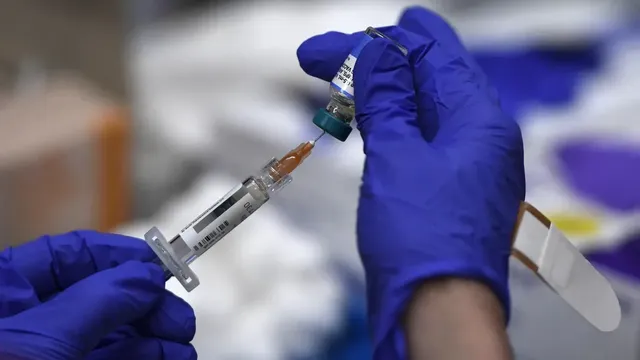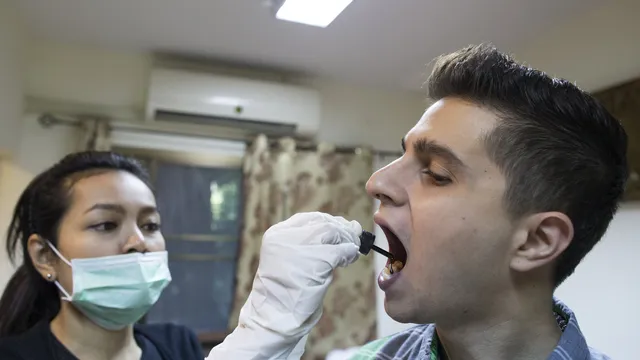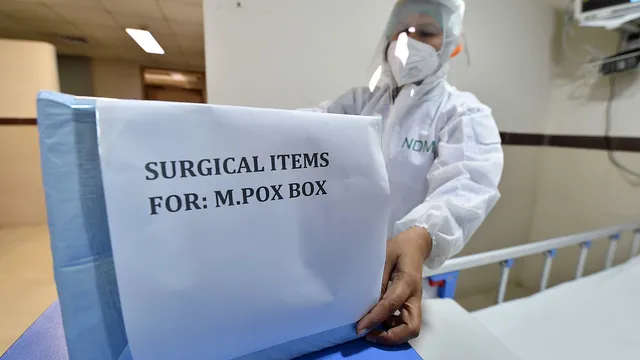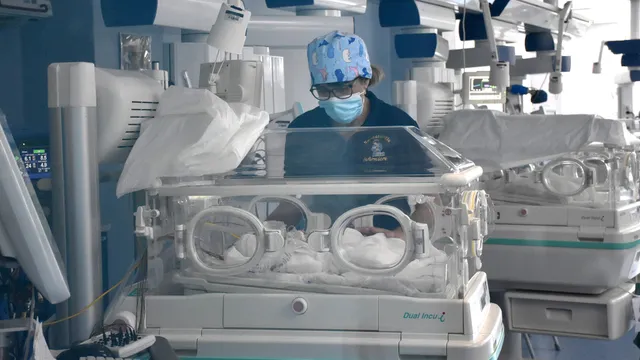A new drug that helps slow the spread of an incurable type of breast cancer has been approved for use in the UK's state-run National Health Service.
Scientists described the approval of capivacertib by the National Institute for Health and Care Excellence (NICE) as a "landmark moment".
More than 1,000 women with HR-positive HER2-negative disease could benefit from taking the pill twice daily each year, NICE said.
The drug, also known as Truqap and made by British pharmaceutical giant AstraZeneca, helps slow or stop the progression of cancer. That means it could help some patients live longer, AFP reported.
"People with advanced breast cancer would appreciate a treatment such as capivacertib, which can be administered when options are limited and because it can delay the need for chemotherapy and its associated side effects," said Helen Knight, director of drug evaluation at NICE.
Advanced breast cancer has certain genetic mutations and spreads to breast tissue or other parts of the body.
The pill works by blocking the action of an abnormal protein that tells cancer cells to multiply.
Results from a clinical trial showed that capivacertib plus the hormone therapy fulvestrant increased the time before cancer worsened by about 4.2 months compared with placebo and fulvestrant.
The Institute of Cancer Research (ICR) in London welcomed the move, which follows decades of research by its scientists.
"This announcement is a triumph that will improve the treatment of these patients with the most common type of advanced breast cancer," said ICR chief executive Christian Hellin.
"About half of patients with this type of breast cancer have mutations in one or more of their genes, and in these patients capivasertib can halt the progression of the disease," he explained.
NICE reported that in 2020, 40,192 people were diagnosed with breast cancer. Almost 15% of these had advanced disease when they were diagnosed. | BGNES

 Breaking news
Breaking news
 Europe
Europe
 Bulgaria
Bulgaria
